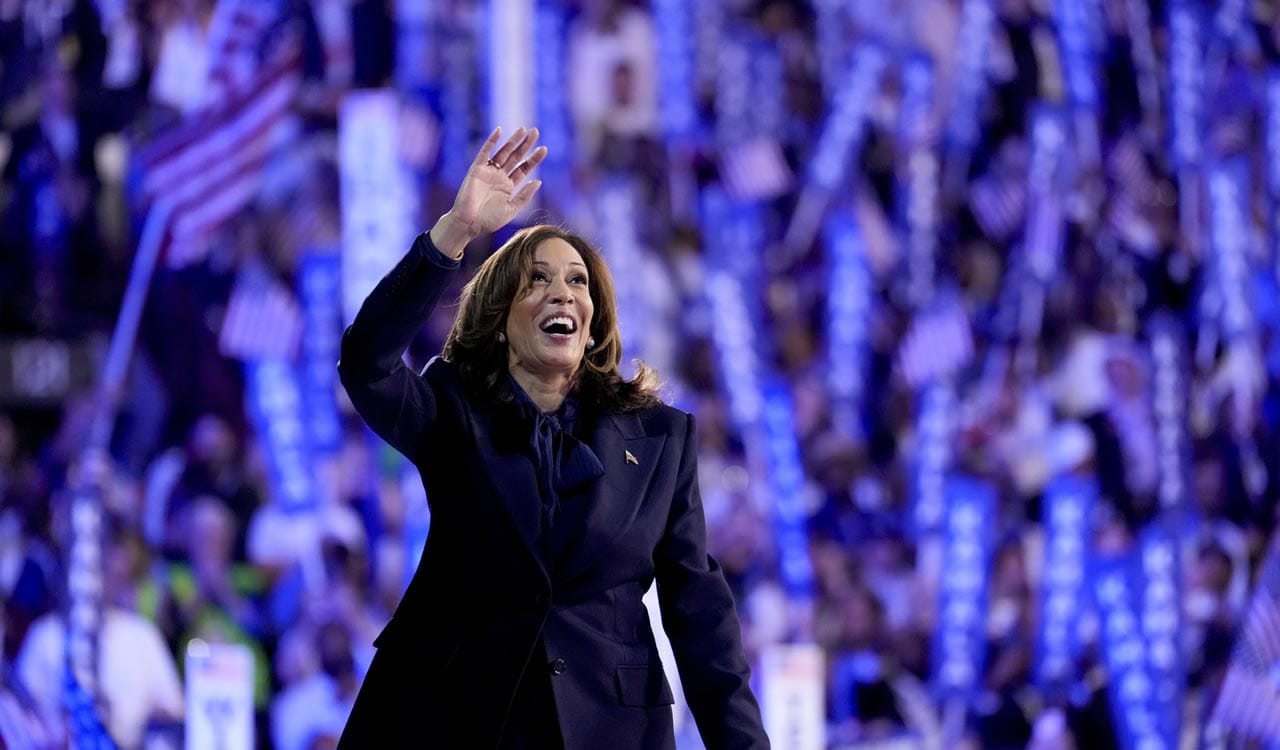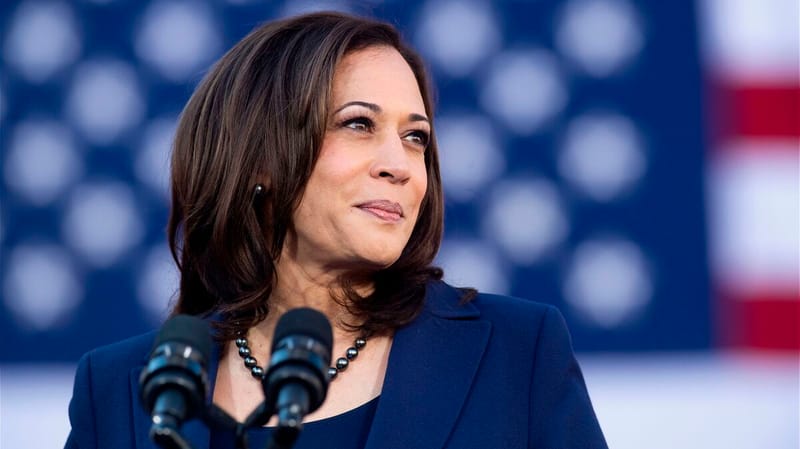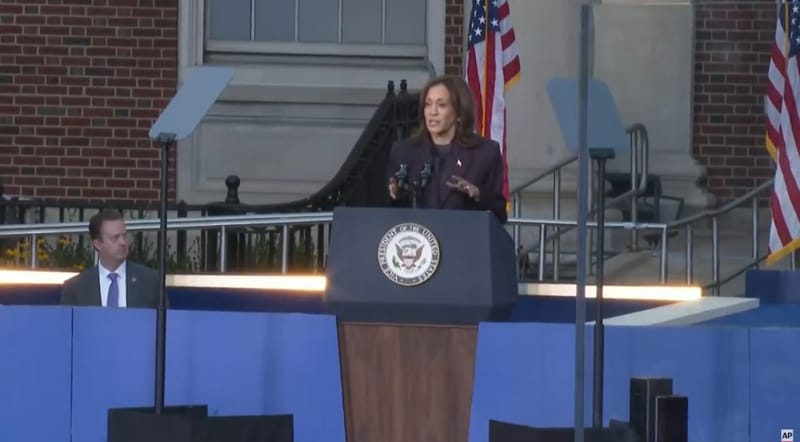Kamala Harris Shifts Stance on Border Wall, Now Supports Funding Despite Past Criticism
In a notable policy reversal, Vice President Kamala Harris has announced her support for funding the construction of the border wall along the U.S.-Mexico border, a project she once vehemently opposed. During her time as a presidential candidate and in earlier statements, Harris had described the border wall
In a notable policy reversal, Vice President Kamala Harris has announced her support for funding the construction of the border wall along the U.S.-Mexico border, a project she once vehemently opposed. During her time as a presidential candidate and in earlier statements, Harris had described the border wall as "un-American" and a "medieval vanity project," reflecting a strong progressive stance against it.
However, recent political developments and the ongoing debate over immigration have prompted Harris to pivot. In her latest campaign speeches and policy outlines, Harris has indicated a willingness to allocate hundreds of millions of dollars towards border security, which includes extending the very wall she once criticized. This change in policy comes as part of a broader strategy to address border security, aiming to appeal to a wider electorate by adopting a more centrist approach on immigration.
The shift has not gone unnoticed by political observers and opponents. Republicans, including figures like Senator JD Vance, have criticized Harris for what they describe as a flip-flop, accusing her of pandering to different voter bases at different times. Vance, in particular, attacked Harris on X (formerly Twitter), highlighting the inconsistency in her stance, although his own voting record on similar bills has been pointed out as ironic by critics.
This policy change is part of a larger pattern where Harris has been moving away from some of her more progressive positions, including on issues like fracking and healthcare. Critics argue this reflects a pragmatic adjustment to the political climate, especially as she positions herself for the upcoming election, aiming to capture votes from the center.
The border wall, a symbol of Trump's presidency, has become a contentious issue within the Democratic Party. Harris's new stance could be seen as an attempt to navigate the complex landscape of immigration policy, balancing between progressive ideals and the practicalities of border control.
This development has sparked a robust debate on social media platforms, with X users expressing a mix of surprise, criticism, and analysis over Harris's evolving policy positions. The conversation underscores the dynamic nature of political stances in response to changing electoral landscapes and national priorities.
As the election draws nearer, Harris's decision to support border wall funding could either be seen as a strategic move to broaden her appeal or a betrayal of her earlier principles, depending on one's perspective. This shift might influence not just the immigration debate but also the broader narrative around leadership consistency and political pragmatism in the 2024 election cycle.




